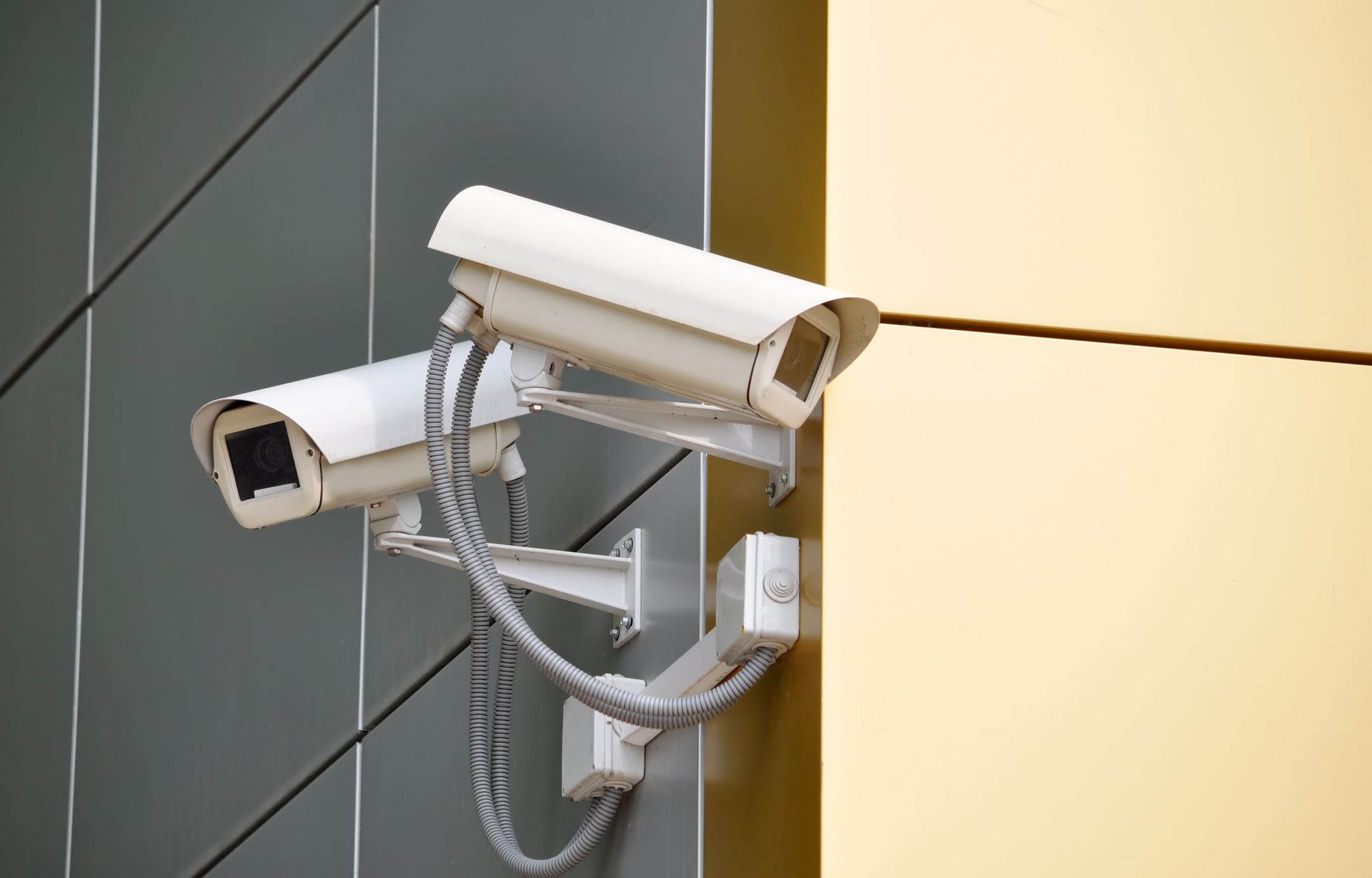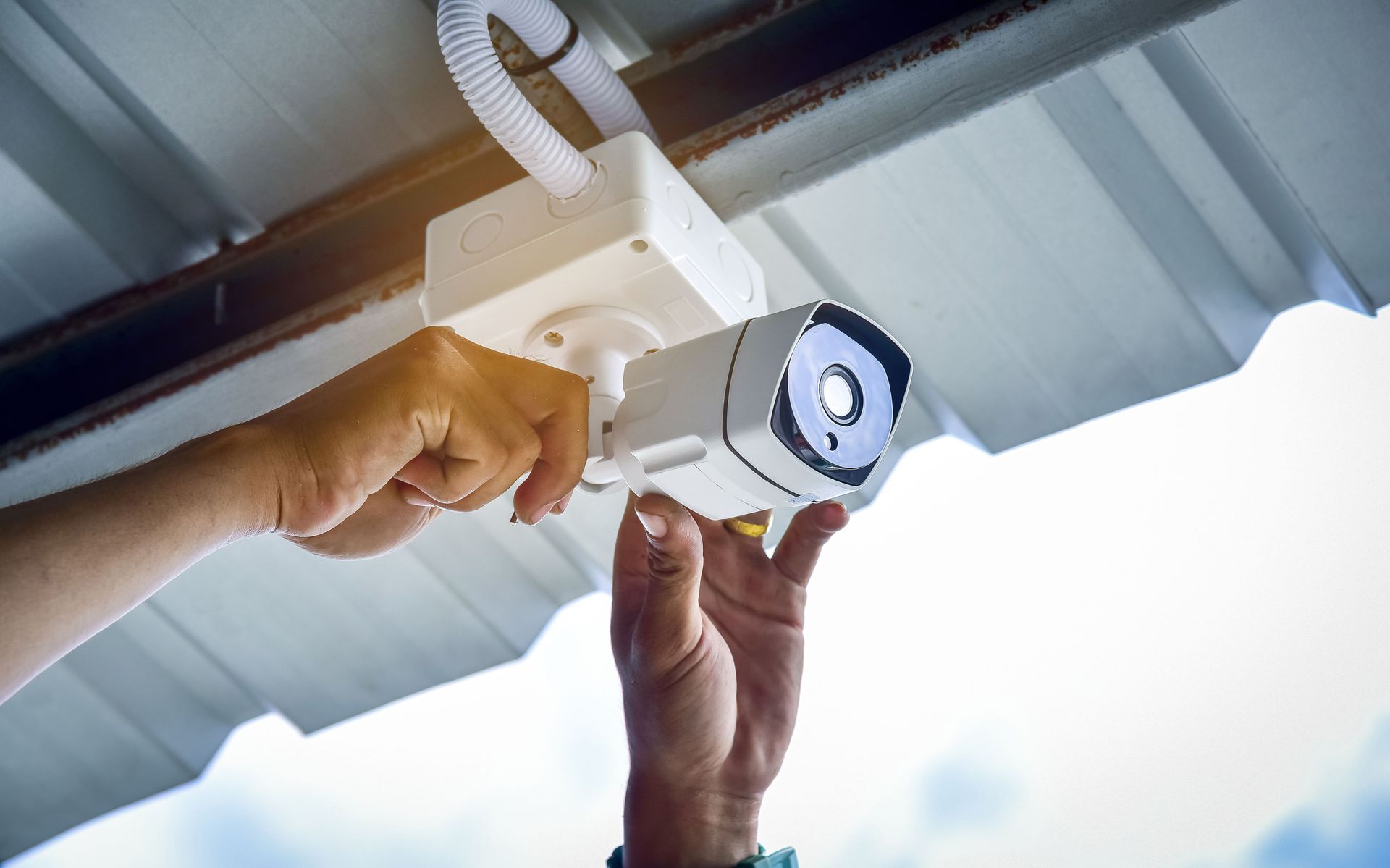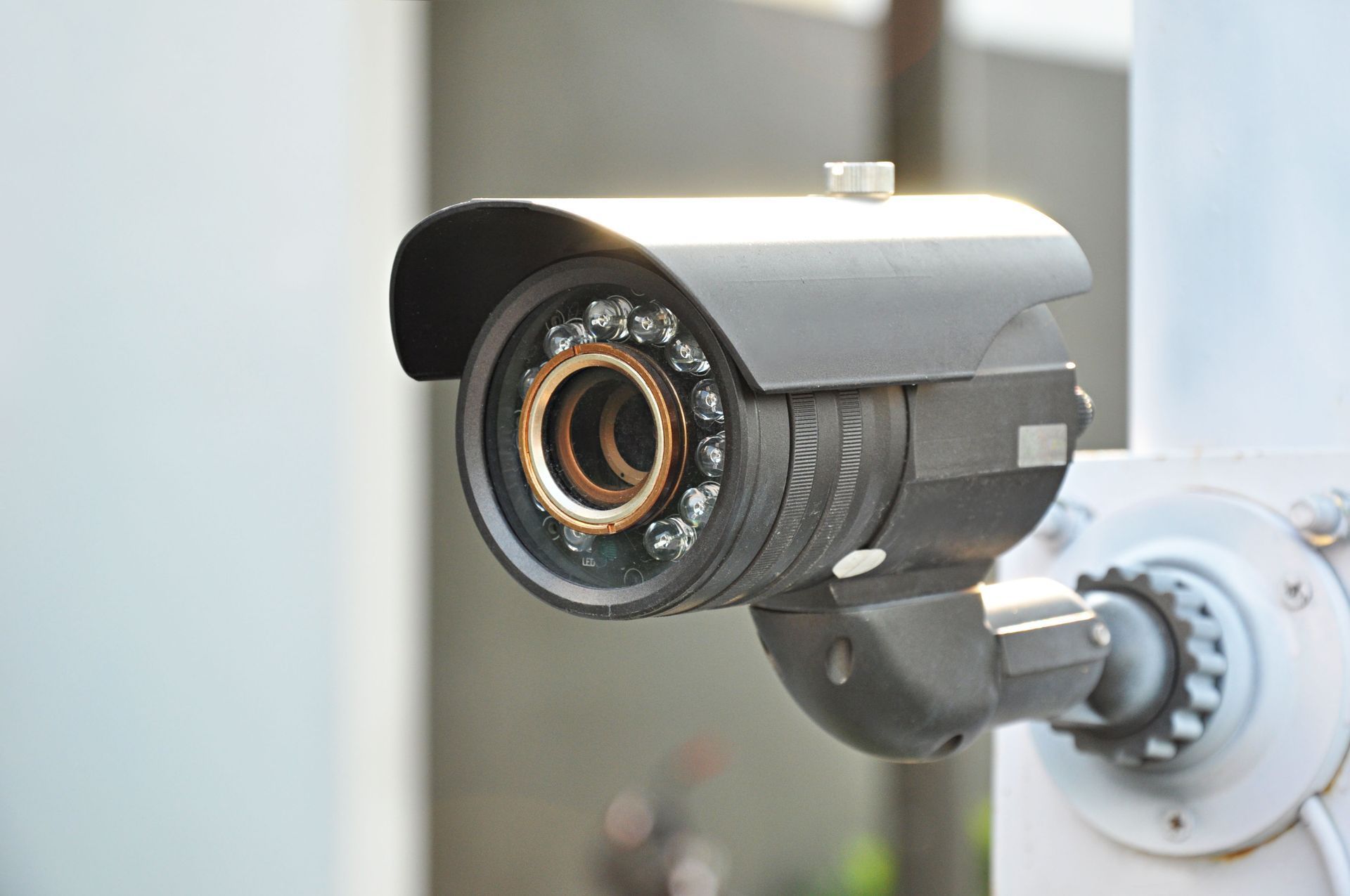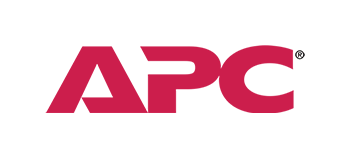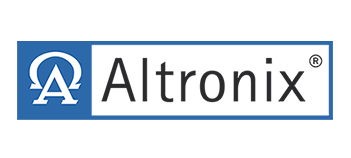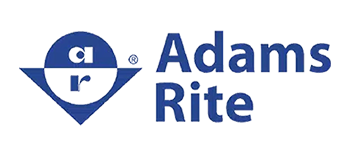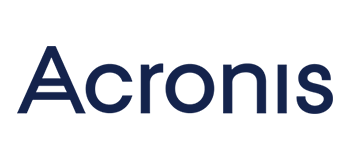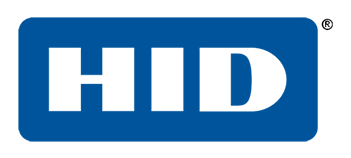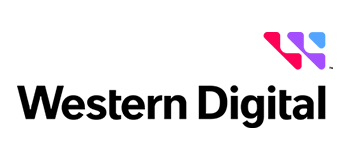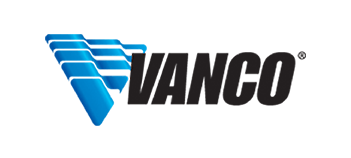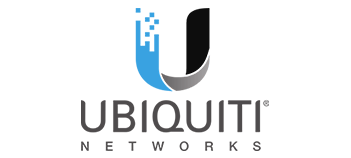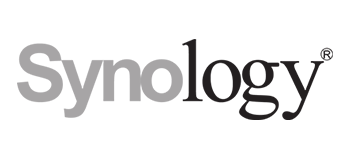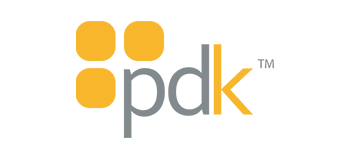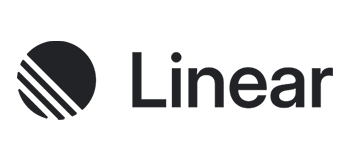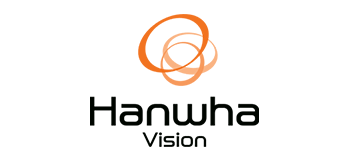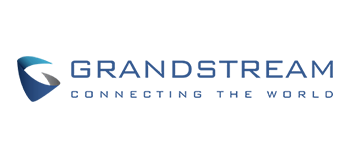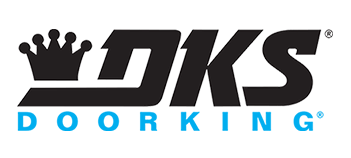How Access Control Installation Can Protect Your Business
Access control systems are becoming an essential part of business security. In this article, we will explore how these systems can significantly enhance the safety and protection of your business operations. Access control solutions provide a critical layer of defense by regulating entry points and ensuring that only authorized personnel gain access to designated areas. Whether it’s a small business or a large enterprise, the threats that access control systems mitigate are universal. In today's fast-evolving security landscape, such systems not only prevent unauthorized access but also create a robust security network that evolves with technological advancements.
Enhanced Physical Security
One of the primary functions of access control systems is to restrict unauthorized entry into business premises. By employing secure entry technologies like key cards, biometric systems, and PIN codes, businesses can ensure that only vetted employees and visitors can access specific areas. The presence of such layered security is a significant deterrent to would-be intruders. According to UNC Charlotte, approximately 83 percent of convicted burglars said they would try to determine if an alarm was present before attempting a burglary, and 60 percent said they would seek an alternative target if there was an alarm on-site. These statistics underline the psychological barrier a well-implemented access control system poses to potential criminals.
Modern access control systems allow businesses to have comprehensive control over all entry points. This control isn't just limited to the main entrance but extends to internal access points, ensuring sensitive areas remain protected from unauthorized access. With centralized control systems, businesses can easily monitor and manage who goes where, and when. This feature is crucial for high-security facilities or areas where sensitive data is stored. By restricting access to critical zones, businesses can reduce the risk of internal theft or data breaches.
Integrating access control with 24/7 surveillance can dramatically enhance security. Surveillance cameras work in tandem with access points to record any suspicious activity, providing comprehensive coverage of critical areas. This integration ensures that all access events are logged and visually verified, offering undeniable evidence in case of security breaches. For businesses, this means increased peace of mind, knowing that they have a constant watch over their premises. Not only does this deter potential burglars, but it also fosters a culture of accountability among employees.
Access control systems equipped with real-time alerts and notifications add an additional layer of security. They provide instant updates regarding unauthorized access or potential security breaches, allowing for immediate action. This feature is vital for large facilities where monitoring each access point physically is impractical. Real-time alerts help in reducing response times, preventing minor incidents from escalating. By keeping security personnel informed, businesses can maintain a safer environment, thereby minimizing risks.
Access control systems play a pivotal role in emergency response scenarios. These systems can be integrated to unlock or lock down specific areas during emergencies, facilitating smooth evacuations. Furthermore, during emergencies, access logs can provide detailed reports, helping responders navigate effectively. Access control systems can guide emergency personnel to high-priority areas, ensuring a faster response. By optimizing workflow during critical moments, businesses can significantly reduce potential damage and save lives.
Increased Operational Efficiency
Access control systems streamline the process of entry and exit, making it more efficient and less time-consuming. As employees and visitors use key cards or biometric scans, bottlenecks at entry points are minimized. This technology reduces the need for manual checks and logging, facilitating a more seamless movement of personnel. By minimizing entry and exit delays, businesses can maintain productivity levels, especially during peak hours. An optimized entry and exit system reflects positively on overall operational efficiency.
Automation through access control systems simplifies employee management. These systems provide data on employee attendance and punctuality, significantly reducing the need for manual oversight. By integrating with other HR systems, access control facilitates automated record-keeping and payroll processing. Such automation eliminates human error and improves data accuracy. As a result, businesses can enhance their operational effectiveness and focus on growth-oriented activities.
A comprehensive access control system can substantially reduce administrative costs associated with security management. The automation of entry records, security logs, and access permissions minimizes the need for large security personnel teams, translating to lower labor costs. Moreover, these systems reduce the demand for paper records, contributing to environmental sustainability and additional savings. With improved record-keeping, businesses can avoid costly administrative errors. By reallocating resources efficiently, businesses are better positioned to invest in other critical areas.
With access control systems, managing visitors becomes a straightforward process. Visitors can be pre-registered and issued temporary access credentials, allowing them to navigate permitted areas seamlessly. Detailed logs of visitor movements ensure that businesses maintain a comprehensive overview of all individuals on the premises. This reduces risks associated with unauthorized presence and ensures compliance with safety protocols. Effective visitor management projects a professional image and boosts organizational credibility.
Access control systems are highly versatile and can be integrated with other security systems for enhanced efficiency. By harnessing the power of technology, businesses can connect access control to intrusion detection, fire alarms, and surveillance networks for holistic security coverage. Such integrations allow for a synchronized and unified response to threats, increasing the overall security posture. Businesses that leverage full-system integration create a seamless environment where all security measures function cohesively. This streamlined approach reduces security gaps and optimizes resource utilization.
Enhanced Data Protection
In today’s digital age, protecting sensitive information is of utmost importance. Access control systems help businesses secure areas where confidential data is stored, effectively reducing the risk of unauthorized access. These systems restrict entry to server rooms, archives, and data centers, ensuring only qualified staff gain access. By securing sensitive information, businesses not only protect their intellectual property but also build trust with their clients. Robust data protection measures signify a company's commitment to maintaining the highest standards of confidentiality.
Access control systems introduce sophisticated layers of authentication and verification, enhancing security. Technologies such as biometrics and multi-factor authentication prevent unauthorized access, ensuring only verified personnel enter privileged areas. These security measures are critical in organizations that handle sensitive data, as they prevent data breaches and other security incidents. Businesses adopting advanced authentication demonstrate foresight in safeguarding their assets. As a result, these companies are better prepared to handle evolving security threats.
Detailed access logs and monitoring are integral components of an effective access control system. Every entry and exit is recorded, providing businesses with a comprehensive record of personnel movements. This data is crucial for auditing purposes and in investigating incidents of unauthorized access. By maintaining robust logs, businesses can quickly identify and address potential security lapses. Furthermore, consistent monitoring ensures compliance with established security protocols, fostering a culture of accountability.
By implementing an access control system, businesses can not only protect their assets but also enhance operational efficiencies, comply with regulations, and foster a safer, more trusting work environment. Considerations should be made about how these systems can be customized to meet the specific needs of your business. When thoughtfully integrated, access control systems offer a robust solution to a variety of security challenges, paving the way for growth and success. By prioritizing security and investing in access control technology, businesses position themselves as leaders in their fields, committed to safety and excellence. These systems signify not just an investment in technology, but an investment in people and processes that are essential to sustainable business success. Be sure to reach out to Milton Tech Commercial Security Systems today for more information on our professional access control installation !

